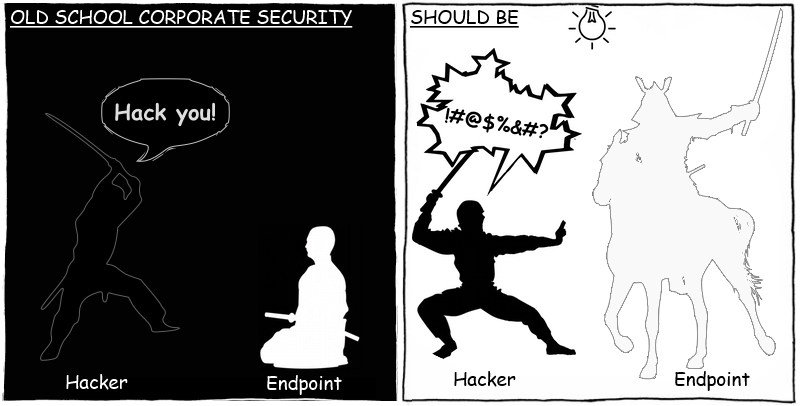
Security holes in corporate networks: network vulnerabilities
In this blogpost, we will review in detail the possible vectors for an attack launched on a corporate network from an infected computer within it.
Kaspersky researchers analyze updated CoolClient backdoor and new tools and scripts used in HoneyMyte (aka Mustang Panda or Bronze President) APT campaigns, including three variants of a browser data stealer.
Kaspersky discloses a 2025 HoneyMyte (aka Mustang Panda or Bronze President) APT campaign, which uses a kernel-mode rootkit to deliver and protect a ToneShell backdoor.
Kaspersky GReAT experts analyze the Evasive Panda APT’s infection chain, including shellcode encrypted with DPAPI and RC5, as well as the MgBot implant.
Kaspersky expert describes new malicious tools employed by the Cloud Atlas APT, including implants of their signature backdoors VBShower, VBCloud, PowerShower, and CloudAtlas.